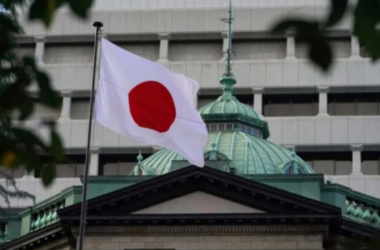Argentine President Javier Milei, a libertarian figure who assumed office on December 10, has taken a significant step in implementing economic reforms aimed at addressing the severe economic crisis facing the country. In a televised address, Milei signed a decree outlining measures to enhance exports, eliminate export restrictions, and initiate a process of deregulation. The president emphasized that these actions mark the initial phase of a broader plan to restore freedom and autonomy to individuals while dismantling excessive regulations hindering economic growth.
President Milei’s economic agenda includes the removal of export limits, a move intended to stimulate economic activity by allowing businesses greater flexibility in selling their products abroad. The decree also outlines plans for deregulation, signaling a commitment to reduce bureaucratic obstacles and encourage a more dynamic economic environment. Additionally, the president expressed the intention to privatize state-owned companies as part of the reform package, although specific entities were not identified.
As a self-described anarcho-capitalist, Milei has previously advocated for the privatization of state-owned entities, including the oil company YPF. While the decree does not specify which state-owned companies will undergo privatization, the broader goal is to introduce market-driven reforms that foster individual liberty and dismantle regulatory barriers.
President Milei’s administration has pledged to implement “shock” therapy for the economy, including substantial spending cuts, as a response to triple-digit inflation. The government, which has already devalued the local peso by over 50%, is also considering higher taxes on Argentina’s grain exports. While this measure aims to generate additional revenue to support fiscal adjustments, it has faced criticism from farm groups concerned about the potential negative impact on the industry.
The economic reforms proposed by President Milei have triggered public reactions, with thousands taking to the streets of Buenos Aires to protest the government’s austerity plans. Representatives for the unemployed led the demonstration, demanding increased support for the poor. Argentina’s poverty rate surpassed 40% in the first half of the year, highlighting the urgency and complexity of addressing economic challenges while considering the social implications of proposed reforms.
President Milei’s decree represents a significant move towards implementing his vision of a more liberalized and market-oriented Argentine economy. As the government pursues measures to boost exports, deregulate, and privatize state-owned enterprises, the broader impact on economic stability and social welfare will unfold over time. The push for fiscal adjustments and economic reforms underscores the administration’s commitment to addressing the country’s economic crisis, yet public reactions highlight the challenges of balancing such reforms with the need for social support.








